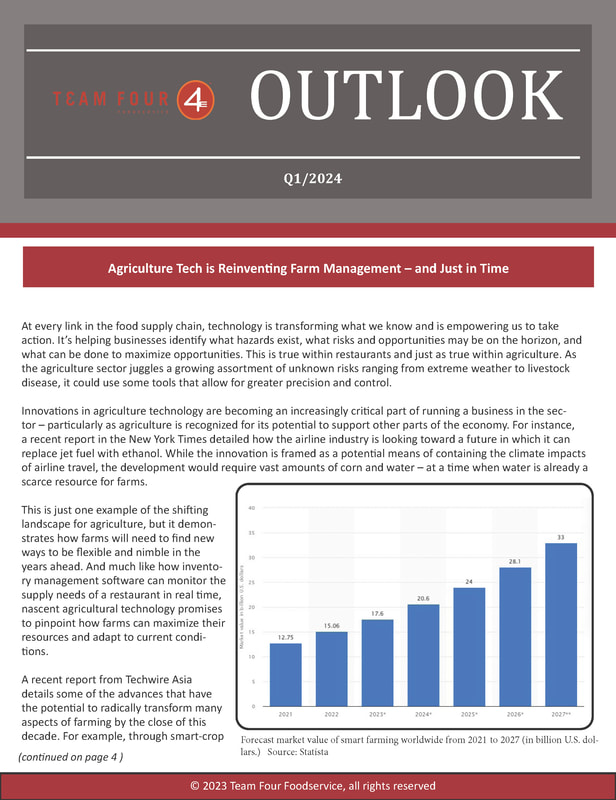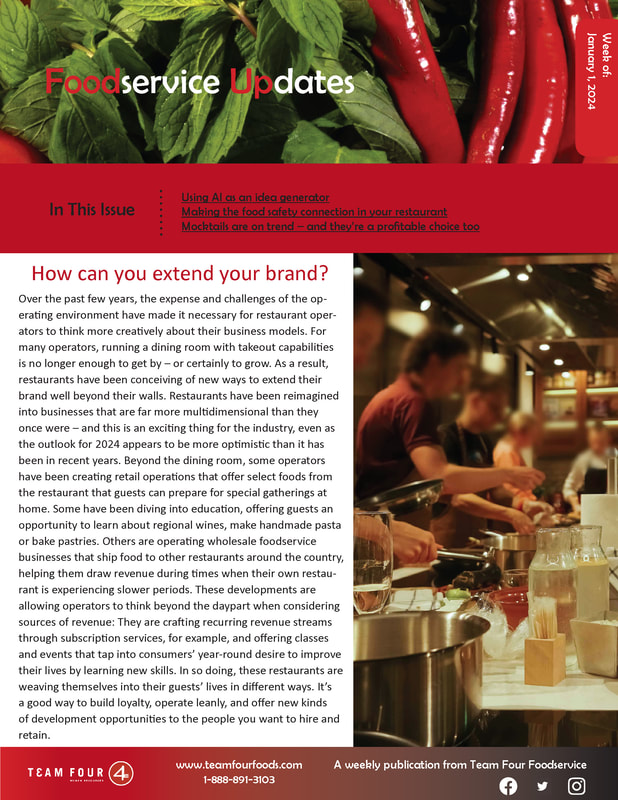 Nowadays, a company’s commitment to environmental, social, and governance (ESG) efforts is playing an increasingly significant role in its ability to attract investors, employees and customers. While increased pressure to meet ESG goals had led to some greenwashing – as well as skepticism about the level of some companies’ commitments – businesses whose ESG practices are in close alignment with their goals and values stand to reap significant market benefits. In the S&P 500, ESG factors have outperformed others in recent years. For example, RBC Capital Markets reported that S&P 500 companies with better ESG risk profiles have outperformed those with worse ESG risk profiles. Companies in the index with most improved ESG risk scores have outperformed those with the least improvement. Finally, within the S&P 500 Consumer Discretionary specifically, companies with stronger workforce ESG scores have outperformed those with weaker scores since 2011. If improving your record on ESG is a priority for you – or in this era of rapid consolidation you’re considering merging with another company and must blend your approaches to ESG – there are some steps you can take across your operation to ensure your ESG efforts reflect your values in favorable, accurate and transparent ways. Review all sources of waste in your operation and find ways to reduce it or reroute it. To bring greater precision to your food preparation and inventory management, conduct a food waste audit and adopt technology that can improve your consistency. Ensure your kitchen is using tip-to-tail cooking processes. Align with community partners who can put any additional food waste to use in your area. Improve your sustainability by understanding the story of the items you source across your business. In an FSR Magazine report, Kari Hensien of the quality management vendor RizePoint advises operators to track which suppliers have environmental, sustainability and compliance certifications. When you know where your raw materials are coming from, who is processing them, and what practices they follow, you have a stronger, clearer story to share with guests. You can also discover more sustainable ways of sourcing and serving what you need. Sourcing more products from vertical farms, for example, can help you not only limit the pesticides used to grow the food you serve, but also support farms that consume dramatically less water than traditional farms use to grow the same food. Weaving more plant-based foods into your menu supports greater sustainability too. Approach your packaging with a similar low-waste mindset. Track other restaurants that have launched successful ESG efforts. Hensien references Chipotle as one example of a restaurant that has launched bold ESG goals and committed to them. For instance, they committed to sourcing real ingredients with people, animals and the environment in mind. “They bought 35.7 million pounds of local produce – an investment of more than $40.2 million in support of local food systems – and will continue relying on local, sustainable farmers,” she said. “They’ve also identified key water risk areas in their supply chain to inform their water conservation strategy.” Finally, find ways to weave ethics through your business from top to bottom. Labor-friendly practices will help you attract and retain talented people who believe in your brand and are able to share it with your guests every day. Having an ethical story will give new guests a reason to try your food and returning guests good reasons to keep coming back.
0 Comments
Leave a Reply. |
More tech articlesWill your tech provider survive?A new source to help restaurants navigate tech landscapeCreate a cross-functional team to protect against evolving cyber threatsArchives
July 2024
Categories
All
|
Foodservice CEO is provided for informational purposes only. It is intended to offer foodservice operators’ guidance regarding best practices in running their operations. Adherence to any recommendations included in this Guidance will not ensure a successful operation in every situation. Furthermore, the recommendations contained in this website should not be interpreted as setting a standard of operation or be deemed inclusive of all methods of operating nor exclusive of other methods of operating.
Copyright 2023 Team Four Foodservice, All Rights Reserved.




 RSS Feed
RSS Feed